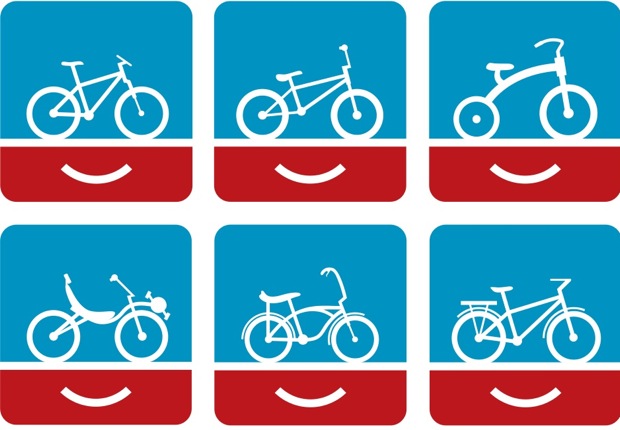Breaking: Americans don’t know squat about how to save energy. A new survey quizzed people on what steps make the biggest difference in cutting energy use and found loads of confusion.
Participants greatly overrated low-impact moves like flipping off light switches and unplugging phone chargers. They underrated potential high-impact changes like weatherizing homes, buying high-performing appliances, driving higher-mileage vehicles, and switching from centralized A/C to room air conditioners.
Twelve percent hurt themselves by trying to disconnect their light switches when not in use. OK, not really, but the actual results were nearly as crazy. About 2.8 percent of those responding said they could save energy by sleeping or relaxing more, as Felicity Barringer notes. That compares with 2.1 percent who said they could do so by insulating their homes (which is waaaay more effective).
“Participants estimated that line-drying clothes saves more energy than changing the washer’s settings (the reverse is true) and estimated that a central air-conditioner uses only 1.3 times the energy of a room air-conditioner (in fact, it uses 3.5 times as much),” wrote the researchers from Columbia University’s Earth Institute.
As David Roberts is fond of noting, behavioral changes wield great potential for cutting energy use. But that would require people to have a basic level of energy literacy — and the new survey suggests that Americans don’t.
The theme of the confusion was that participants tended to name steps that involved doing less or using less of things — turning off lights, turning down thermostats — rather than solutions that allow them to get the same amount of light and heat through less energy (via insulation and LED bulbs). That gets at a key difference between conservation and efficiency. The first means using less; the second means getting the same results through more intelligent use of resources. Both have a place, but it’s a problem if people understand all of efficiency as “sacrifice.” A home retrofit that cuts $500 off your heating bills for the year isn’t a sacrifice — it’s a financial and environmental win.
See, this is the sexiest topic in the world! I don’t understand why more people don’t spend their free time reading briefs from the American Council for an Energy-Efficient Economy.




